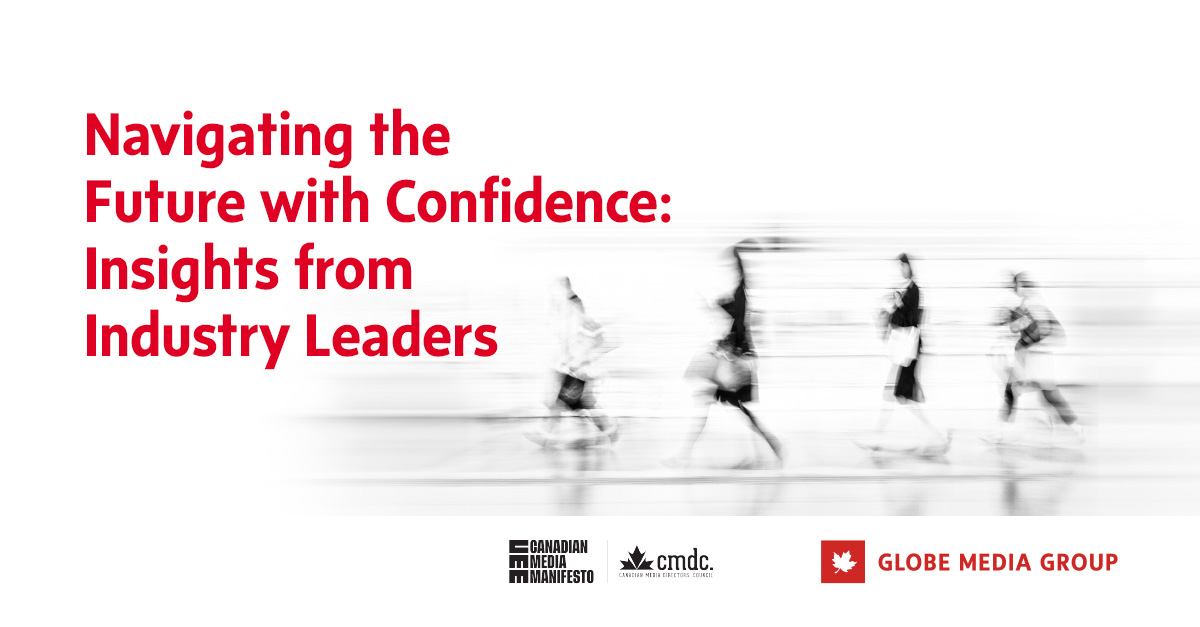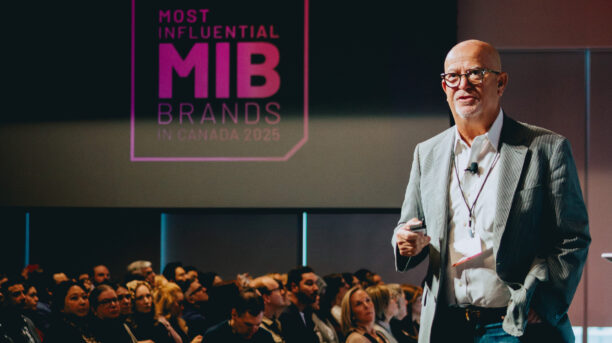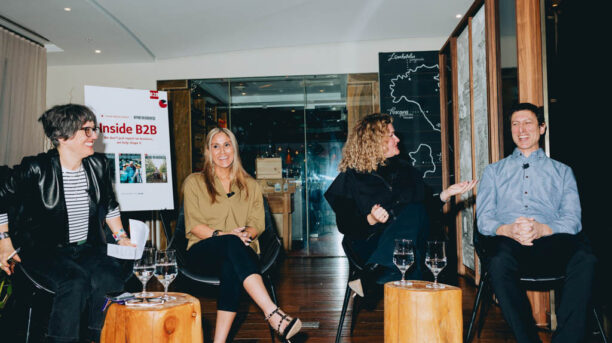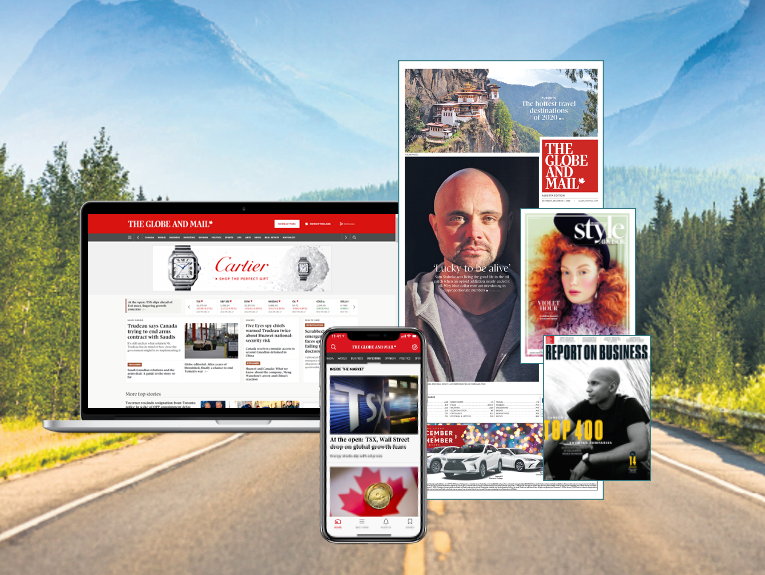Leadership is dynamic. It’s constantly evolving to meet the demands of the ever-changing business landscape. In our recent Roundtable event: Confident Leadership in a Changing World, Shannon Lewis moderated a panel featuring three industry leaders: Alfredo Tan, Caroline Moul, and Matt McGowan, who shared valuable insights on how leadership is adapting and what it may look like in the coming decade.
Together, they explored leadership traits, adaptability & empathy, the role of AI, and high-stakes decision-making. Here are some key takeaways from the event.
Leadership Traits for Today’s Climate
The panelists highlighted the importance of certain leadership traits in today’s dynamic environment. Alfredo Tan emphasized the need for leaders to possess endless curiosity and be collaborative polymaths who can navigate various aspects of the organization effectively. Caroline Moul stressed adaptability, foresight, and optimism as essential traits. Matt McGowan emphasized the significance of communication, curiosity, and empathy in leadership.
Striking a Balance and Effective Decision-Making
When it comes to the challenge of balancing visionary leadership with the demands of day-to-day operations, Matt McGowan stresses the importance of staying firmly rooted in the present to secure long-term success. To navigate this complex terrain effectively, leaders were advised to elevate productivity, retain valuable talent, and nurture the leaders of tomorrow. Crucially, fostering resilience and adaptability within the team required proactive engagement, a willingness to embrace change, and a commitment to active listening. Shifting gears to “High-Stakes Decision-Making,” the conversation highlighted the necessity of melding data-driven analysis with personal experience. Alfredo Tan emphasized the informative role of data while cautioning against overlooking the wisdom held by those intimately familiar with the context. Matt McGowan advocated for a holistic approach by actively engaging experts and stakeholders in the decision-making process to ensure comprehensive and well-rounded outcomes.
AI: Friend or Foe?
Alfredo Tan expressed optimism, emphasizing that AI is neither inherently good nor bad but depends on the intentionality behind its use. He believes that, when used for the right purposes and inclusively, AI can be a powerful tool for solving large-scale problems. Caroline Moul and Matt McGowan also leaned towards AI being a friend, with cautious optimism. This suggests that, despite the potential downsides, AI holds the promise of profound positive impacts across various industries.
The Future of Work
As leaders, the panelists discussed the evolving nature of work in a post-pandemic world. Caroline Moul emphasized the importance of a hybrid work model, which offers flexibility and adapts to individual needs. She highlighted the significance of in-person interactions for building corporate culture and fostering human connections. Alfredo Tan added that the future of work involves finding the optimal balance between remote work and in-person experiences. Matt McGowan emphasized that adaptability and the ability to deal with ambiguity will be essential for navigating these changes.
Continuous Learning is Non-Negotiable
To learn is to grow. Alfredo Tan shared his practice of learning from both past and present leaders, seeking inspiration from those who have achieved more and overcome challenges. He emphasized the value of trusting the team around you, even in high-stakes situations. Caroline Moul emphasized the importance of continuous learning and professional development, highlighting the fast-paced nature of leadership in today’s world. She stressed the need to stay updated with the latest trends and technologies and the importance of investing in one’s own growth through formal programs, mentorship, or cross-industry learning. Matt McGowan echoed the significance of adaptability and a willingness to embrace change as key components of personal and professional growth for leaders.
The Power of Mentorship
Mentorship is a timeless source of wisdom and guidance. All of the leaders we spoke to emphasized the importance of having mentors both within your current industry and outside of it. Mentorship outside of your industry will offer fresh perspectives and insights that can help leaders navigate complex issues and make informed decisions. It’s also important to remember that mentorship is a two-way street; leaders can both give and receive valuable advice, fostering a culture of learning and growth.
Transparency, Trust and Empathy
Matt McGowan introduced the idea of sharing “ups and downs” with teams, the practice of discussing both successes and failures that fosters transparency and trust within organizations. Leaders who openly acknowledge setbacks and challenges create a culture where team members feel safe to do the same. Building trust is fundamental to effective leadership and team collaboration.
Empathy and personal connection are crucial. As the workplace continues to evolve, leaders will need to understand the full scope of their team members’ lives, including personal challenges and aspirations. Leaders who show genuine empathy and connect with their teams on a personal level can inspire greater loyalty and productivity.
Adaptability and Skill Diversification
The future of leadership may require leaders to become adaptable generalists. Leaders should be prepared to switch between specialized roles and become well-rounded generalists when necessary. Knowing when to go deep and when to broaden one’s skill set will be essential. This adaptability ensures leaders can meet the unique needs of their organizations at various stages of development.
Leaders must also focus on upskilling and reskilling their teams to prepare them for new challenges and opportunities. It will also be crucial for organizations to provide opportunities for in-person learning and development, as it enhances networking, connectivity, and knowledge retention.
In a world marked by constant change, effective leadership requires a unique blend of traits and skills. Leaders must be adaptable, empathetic, and curious, while also fostering resilience and adaptability in their teams. High-stakes decisions demand a combination of data analysis and experiential wisdom, and corporate social responsibility is crucial for organizations looking to make a positive impact on their communities and industries.
In conclusion, this insightful discussion with industry leaders was deeply rooted in the rich findings presented in our 2023 Leadership Report, created in collaboration with the CMDC. This report is a valuable resource that offers insights into the minds of leaders, the evolving nature of work, the importance of DE&I, and personal growth. Throughout our conversation, key themes emerged that echoed the report’s findings and highlighted the importance of the omnichannel experience, a cautious yet optimistic approach to AI, the embrace of hybrid work models, effective leadership in times of change, and the significance of continuous learning. We invite our readers to explore these critical insights by downloading the full report and delving deeper into today’s ever-evolving landscape. Stay tuned for more engaging conversations and insights in the future!





